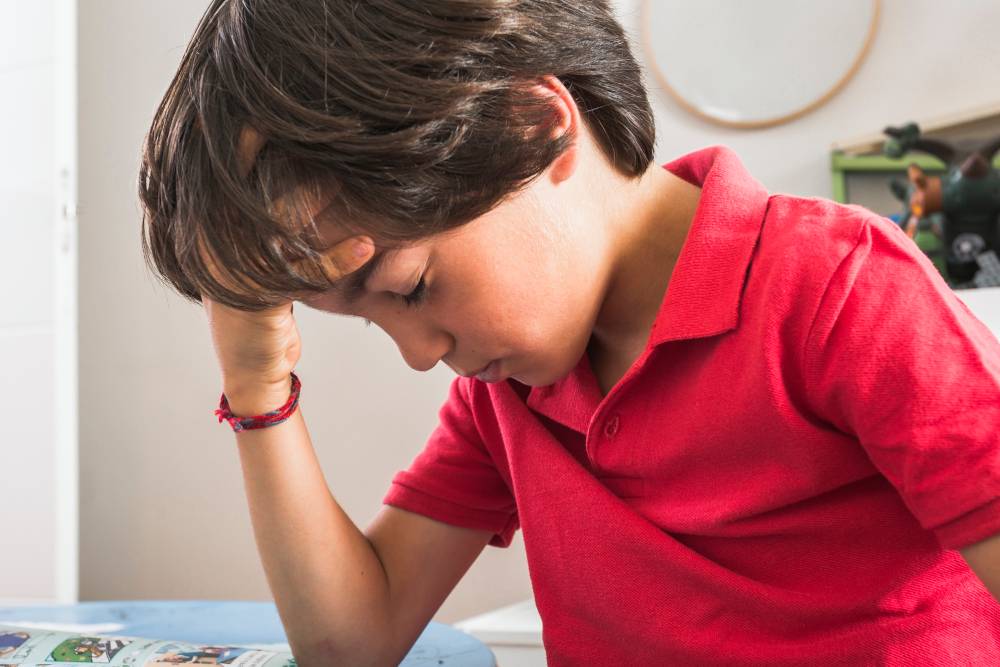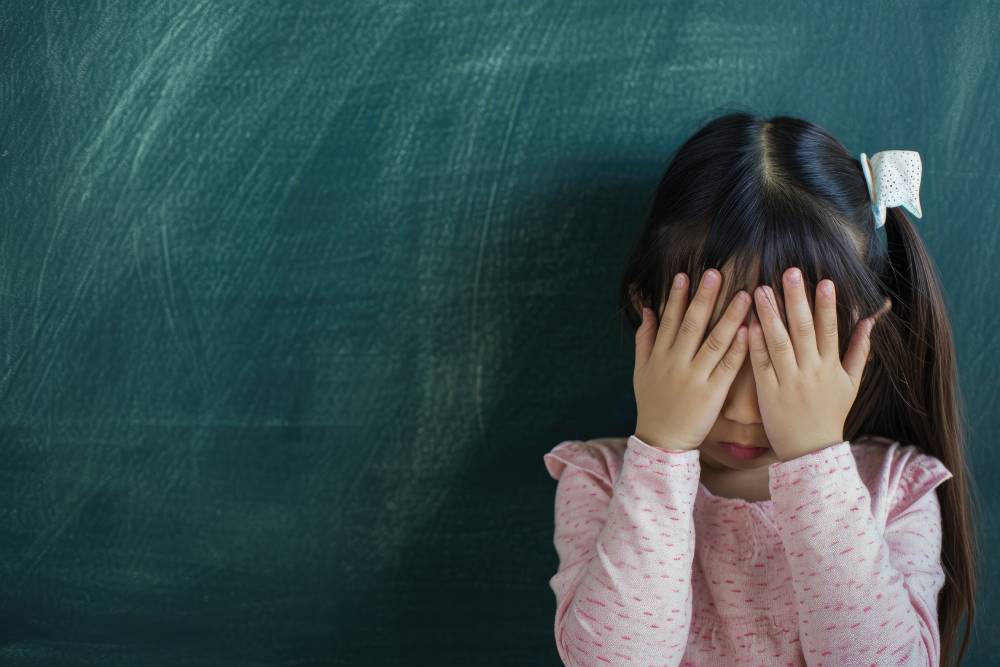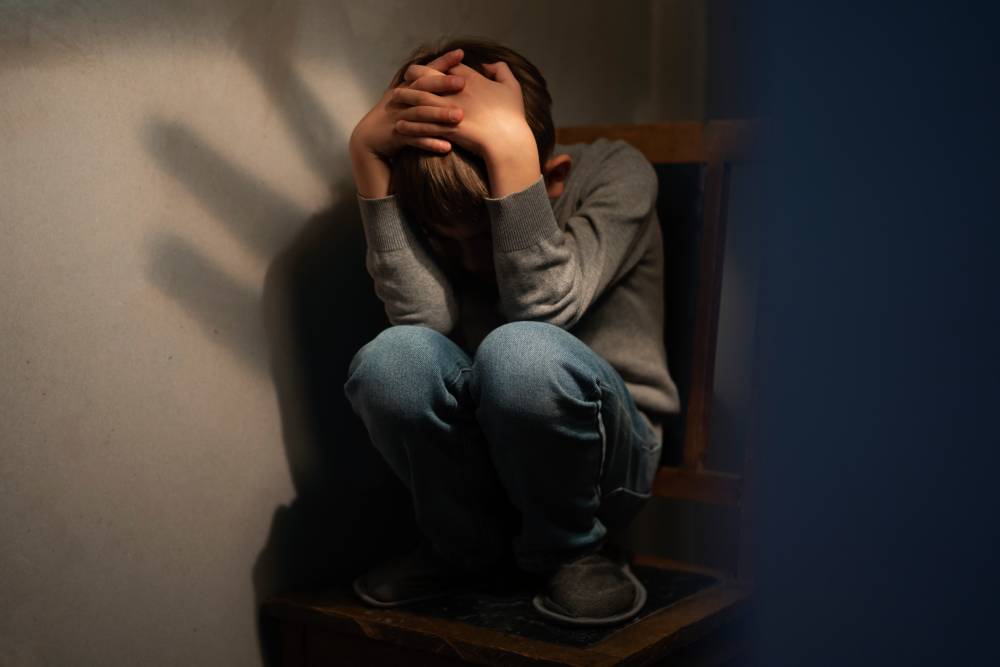Childhood is meant to be a carefree time, but for many children, anxiety can create significant barriers. Anxiety is one of the most common mental health challenges among kids, affecting their ability to focus, engage in social interactions, and even manage schoolwork. If left unaddressed, anxiety can have long-lasting effects on a child’s well-being. Anxiety therapy for children is crucial in helping them manage these emotions and build coping strategies. By seeking early intervention, anxiety therapy for children can help them develop the tools needed to thrive both academically and socially. It provides children with the support to understand and manage their anxiety, reducing its impact on their daily lives. With the right anxiety treatment for kids, children can navigate their emotions and learn how to deal with stress, fears, and overwhelming situations effectively.
Fortunately, anxiety therapy for children offers several approaches that can help manage these feelings and equip children with coping strategies. With the right anxiety treatment for kids, children can learn to overcome their fears, reduce stress, and improve their emotional regulation. Through child-focused anxiety therapy, they gain tools to manage their anxiety in a safe and supportive environment.
Understanding Anxiety in Children
Before diving into the therapies, it’s important to understand anxiety in children. Anxiety can manifest in various forms, such as excessive worry, physical symptoms like stomachaches or headaches, and behavioral issues like withdrawal or irritability. These symptoms may result from changes in routine, school stress, social challenges, or family issues.
Children with anxiety may also experience panic attacks, fear of separation, or heightened sensitivity to environmental stressors. It’s essential to recognize that anxiety is a natural response to stress, but when it becomes overwhelming or persistent, it may require professional intervention. In these cases, anxiety therapy for children can provide effective solutions to manage these symptoms and improve overall well-being. Through targeted anxiety treatment for kids, children can develop healthier coping mechanisms to manage their anxiety more effectively.
Why Therapy Is Important for Children with Anxiety
Therapy plays a vital role in helping children with anxiety gain control over their emotions. Unlike adults, children may have difficulty articulating their feelings or understanding why they feel anxious. Therapy provides children with a safe space to express their thoughts and emotions while teaching them healthy coping mechanisms.
Anxiety treatment for kids is crucial in addressing the root causes of their anxiety. Therapy offers not just relief from anxiety, but also equips children with life skills that will help them manage future challenges. With the right treatment, children can develop confidence, resilience, and a healthier emotional outlook.
Types of Therapies for Managing Anxiety in Children
Cognitive Behavioral Therapy (CBT)
One of the most effective treatments for childhood anxiety is Cognitive Behavioral Therapy (CBT). CBT helps children identify and change negative thought patterns that contribute to their anxiety. This therapy encourages children to challenge irrational fears and replace them with healthier, more realistic thoughts.
During CBT sessions, children learn practical skills, such as deep breathing, mindfulness, and problem-solving strategies, which they can use in everyday situations. CBT is widely recognized for its effectiveness in treating anxiety disorders in both children and adults.
Exposure Therapy
Exposure therapy is another treatment often used for children with anxiety. It involves gradually exposing children to the situations or objects that trigger their anxiety in a controlled, safe environment. This step-by-step approach helps children face their fears without feeling overwhelmed.
Over time, children build confidence and become desensitized to their anxiety triggers. Exposure therapy can be particularly helpful for children with phobias, social anxiety, or generalized anxiety.
Play Therapy
For younger children, play therapy is a highly effective way to address anxiety. Play therapy allows children to express their feelings through play and creative activities, such as drawing or playing with toys. It provides a safe space for children to explore their emotions and make sense of their fears.
In play therapy, a trained therapist may use toys or games to engage the child and create opportunities for communication. This approach is particularly beneficial for children who are not yet able to fully verbalize their feelings or anxieties.
Mindfulness and Relaxation Techniques
Mindfulness and relaxation techniques are commonly integrated into anxiety treatment for kids. These techniques help children focus on the present moment and learn to calm their bodies and minds. Simple strategies like deep breathing, progressive muscle relaxation, and guided imagery can be taught to children to reduce anxiety in stressful situations.
Mindfulness helps children develop a sense of awareness and control over their emotions, enabling them to manage anxiety more effectively. Parents can also support these techniques by practicing them with their children at home.
Family Therapy
Family therapy can play a significant role in managing childhood anxiety. Often, anxiety is influenced by family dynamics, and addressing these issues in therapy can help reduce stress and improve communication. Family therapy focuses on strengthening the support system around the child, ensuring that both parents and children understand the nature of anxiety and how to support one another.
Family therapy also helps parents learn effective strategies for managing their child’s anxiety and providing a nurturing environment that fosters emotional growth.
Art Therapy
Art therapy offers children a creative way to express their emotions and process their anxiety. Using visual art, such as painting, drawing, or sculpture, children can communicate feelings they may not yet have the words for. Art therapy can be particularly helpful for children who struggle with verbal communication.
Through art therapy, children can gain a sense of control and mastery over their emotions, helping them navigate anxiety in a healthy way. It also fosters a sense of accomplishment and boosts self-esteem.


Benefits of Therapy for Anxiety in Children
Therapy provides numerous benefits for children struggling with anxiety. These therapeutic approaches are highly effective in addressing emotional and behavioral concerns. Some of the key benefits include:
- Improved Emotional Regulation
Firstly, therapy helps children better understand and regulate their emotions. By learning coping strategies and techniques, they can manage stress and anxiety more effectively. In doing so, they gain a stronger sense of emotional control. - Increased Confidence
Additionally, children who receive anxiety treatment for kids often develop a greater sense of self-confidence. As they learn how to manage challenges, they feel more in control of their emotions and behavior. This newfound confidence empowers them to tackle daily situations. - Better Social Skills
Furthermore, as children learn to manage their anxiety, they often become more socially engaged and comfortable in social settings. This leads to improved relationships with peers, family, and teachers. These enhanced social skills create a more positive and supportive environment. - Enhanced Academic Performance
Moreover, anxiety can interfere with a child’s ability to concentrate and perform well in school. Therapy helps children reduce their anxiety, which can positively impact their academic performance. As a result, they can focus better and achieve greater success. - Long-Term Emotional Resilience
Finally, with the right therapy, children can develop emotional resilience, enabling them to better cope with future life stressors and challenges. This long-term benefit equips them with tools for managing stress in a healthy way.
How Parents Can Support Their Child’s Therapy
While therapy plays a crucial role in managing anxiety, parents also play an important part in the treatment process. Here are some ways parents can support their child’s anxiety therapy:
- Create a Safe and Supportive Environment
Ensure that your home environment is nurturing and supportive. Children need to feel safe to express their emotions and challenges. - Practice Coping Techniques
Help your child practice the coping techniques they learn in therapy, such as deep breathing or mindfulness, at home. - Be Patient and Understanding
Overcoming anxiety takes time. Be patient with your child and provide consistent support as they work through their feelings. - Encourage Positive Behaviors
Reward positive behaviors and progress, no matter how small. This helps build confidence and reinforces coping strategies.
Conclusion
Anxiety therapy for children is an essential part of helping young kids manage their anxiety and lead healthier, more fulfilling lives. With therapies such as CBT, exposure therapy, and mindfulness techniques, children can learn to navigate their anxiety and gain the skills they need to thrive. Additionally, parental involvement is key in supporting and reinforcing these therapies at home.
If you believe your child could benefit from anxiety treatment for kids, contact Twinkle Therapies today. We offer specialized programs designed to help children manage anxiety and build resilience for the future.
